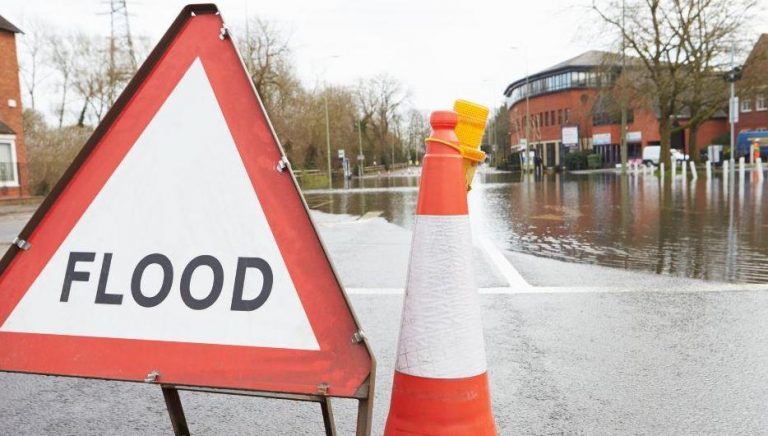- Breach of permit conditions from sites that discharge into rivers and seas – for example from sewage treatment works and permitted storm overflows;
- Illegal discharges to water where there is no permit, such as in the event of agricultural pollution from slurry stores;
- Illegal waste offences, such as from illegal scrapyards or unpermitted waste management facilities;
- Permit breaches from manufacturing industries and power stations which contribute to air pollution.
“The threat of uncapped financial penalties should boost compliance with environmental laws – helping us provide stronger protection to the environment, communities and nature.”
Environment Secretary Steve Barclay said: “Polluters should be in no doubt that if they harm our precious habitats and waterways they will pay. “By lifting the cap on these sanctions, we are simultaneously toughening our enforcement tools and expanding where regulators can use them. These changes will deliver a proportionate punishment for operators that breach their permits and cause pollution.“Through the launch of the Water Restoration Fund, the money raised from penalties imposed on water companies will go towards restoring and protecting our waters. This is part of the increased investment, stronger regulation and tougher enforcement we are delivering through our Plan for Water.”












